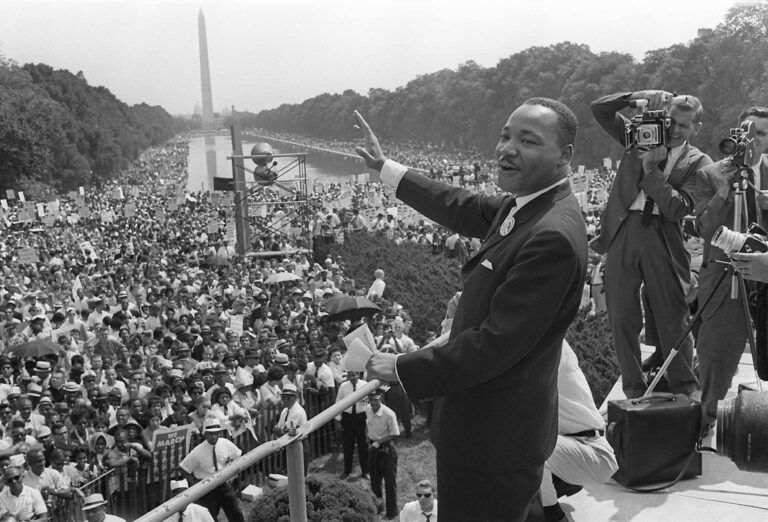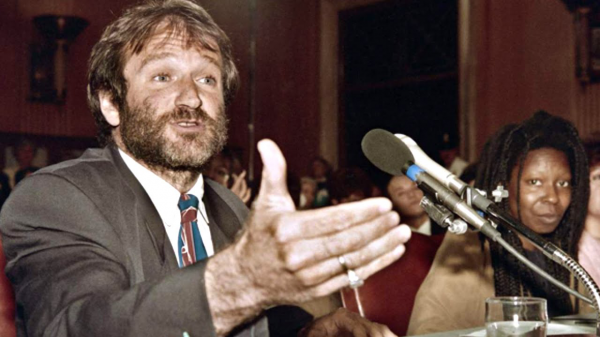
But I’m not the only one. Imagination is what drives life. Every day someone’s imaginative ideas spark new thoughts, providing us with the ability to see things in a new way, through their inspiration. Even in business, someone’s imaginative innovation sparks a new level of thinking and how we see the world.
On a rudimentary level, when we speak, we imagine and visualize the words in our head as images of what we want to say. And our imagination formulates ways to convey those thoughts and puts a unique spin on the delivery.
Imagination is our ability to form a mental image of something that is not perceived through the five senses.
Your imagination allows you to travel anywhere, experience different realities, see the characters come alive on the pages of a book, and allow us to pretend.
Whether you know it or not, pretending is an important and vital part of life. When we need courage, we pretend to be braver than we might actually be.
A child pretends to play house, be a doctor, a builder, a fireman, an astronaut, or the first female president.
She operates on the family dog to make him feel better. Puts out an imaginary fire in the backyard, pretends to cook a meal for the entire family, or pretends to be a superhero out on a new adventure.

And when we encourage this pretending back into adults, their ideas, inspirations, and prospects grow and flourish.
And that takes imagination.

A funny note on imagination and perspective, I heard an old Steven Wright joke. He said, “How come there isn’t another word for thesaurus?”
He looks at the world from an imaginatively different perspective. In fact, I would say all comedians do. And they pretend in order to do so.
When Seinfeld is doing a routine about the missing sock, on stage he pretends to be that sock, escaping from the dryer, like a convict to a better life outside the home.
Robin Williams pretends to be Moses talking to God about burning bushes and frogs.
By the way, did you know that Comic Relief, back in the eighties was based on the Comic Relief charity in the United Kingdom, founded in 1985 by the comedy scriptwriter Richard Curtis and comedian Lenny Henry in response to the famine in Ethiopia and dedicated to the memory of comedian Andy Kaufman? The American organization was created shortly after in 1986 by comedy writer, producer, and actor Bob Zmuda. He worked with HBO executive Chris Albrecht to found the U.S. version in 1986. It raised and distributed nearly US$50 million toward providing assistance—including health care services—to homeless people throughout the United States.
They, and the comedians who inspired us at the time, brought their collective imaginations together to help causes that even our governments at the time couldn’t make a dent in. They found an imaginative way to do what government wasn’t able to do, inform the people on a massive scale and affect real change. The McKinney Act, at the time, was only able to provide so much.
(https://en.wikipedia.org/wiki/McKinney%E2%80%93Vento_Homeless_Assistance_Act)
And congress didn’t do a great job in updating and maintaining what worked in the system and what didn’t.
It took some out-of-the-box outliers to imagine and address these issues with real impact.
You can see Robin Williams giving a speech to Congress here:
https://www.youtube.com/watch?v=pOgbS9sedcc

I’m not saying that imagination will solve world hunger, but why can’t it?
And I’m not telling that you need only to use your imagination for the good of humanity, but doesn’t it anyway when someone imagines something that improves or benefits our lives?
I will say that you should start small. But start, or you will find that ten years have passed by and all you have to show for it is responding to the demands of others, work, bills, and other societal obligations.
Imagination got us to where we are today, some of it good, some not so good. But it is a vital and important resource that for some reason we choose to use sparingly, when those Disruptors who really change the world for the better are able to use it in greater quantities.
So, I invite you to get reacquainted with your imagination and see where it takes you. The only thing you will lose by doing so is a lack of self-confidence, and maybe some time away from the things that don’t ultimately fulfill you.
But what you’ll gain in return? One can only imagine.